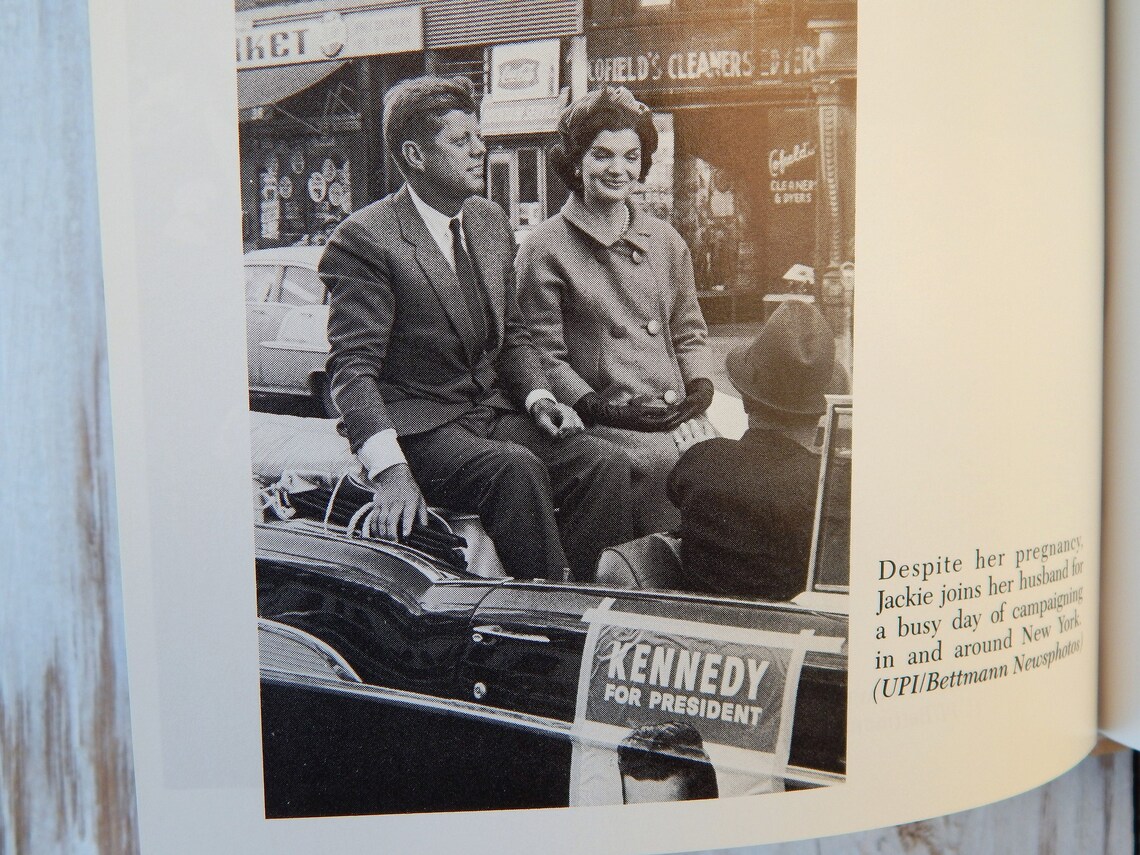
There is a complete lack of a sense of time within the bunker that is incredibly vivid. Soon, she sets her sights on a young guard – visibly the youngest of them all and who must be closest to her in age – willing that he lay his eyes on her, for she must know men. As she enters adolescence, the child develops a fascination with knowing the importance of men, a frequent topic of discussion among the older women, and of love and what it means to make it, despite the absolute certainty they all share that she shall never know men or that kind of intimacy. Despite this difference, not one of these forty women knows where they are, why they are there, or for how long they have been there. But the child has no memories of her life before, and she is instantly set apart by her ignorance of a world all but forgotten. The older women often engage in nostalgic retellings of what their lives consisted of before they were taken: their lovers, their jobs, the missed luxury of a hot bath at the end of a long day. Simply referred to as ‘the child’ by the other women, our narrator talks us through her time in the bunker in a memoir of sorts. She is unnamed, and completely unmarked by the telltale signs of a life lived before the bunker, with its straw mattresses, ever-silent guards, and strict no-touching rule. Having entered the bunker as a small child, considerably younger than her counterparts, it is immediately assumed that she has been placed with her fellow prisoners by accident. At the novel’s start she is a young girl, aged roughly fourteen or fifteen, and is being held against her will along with thirty-nine other women in a cage in some sort of underground bunker, as they has been for some time, for reasons entirely unknown to them. Our narrator is someone who, as the title would suggest, has never known men. At one point, the main character describes a scene before her as ‘incredibly strange, sinister and moving’, and that is exactly how I would describe the experience of reading this book.


Having been so engrossed by Harpman’s work here, this review is an attempt to capture its greatness, which is partly philosophical in nature, without revealing too much. Originally published in French in 1995 under the title Moi qui n’ai pas connu les hommes, this is an incredibly profound dystopian science-fiction novel that I was utterly impressed by. I Who Have Never Known Men is the first book by Belgian author Jacqueline Harpman (1929-2012) to be translated into English (2018).


 0 kommentar(er)
0 kommentar(er)
